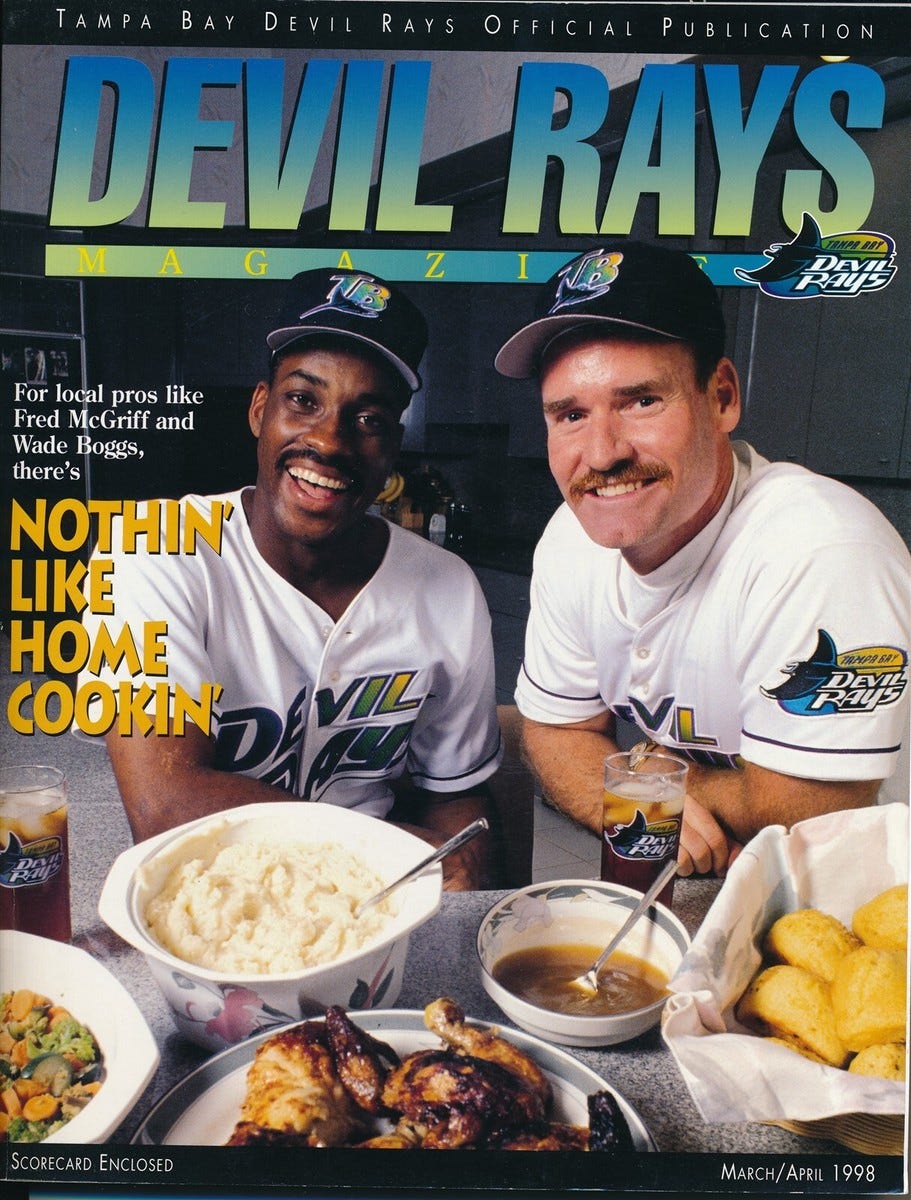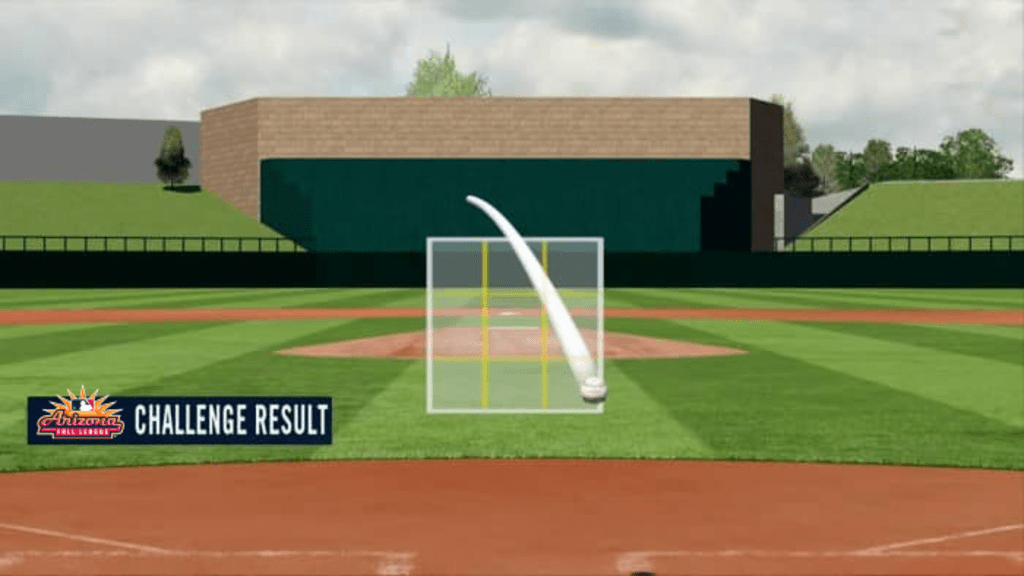I wrote and submitted the following piece for the June 25 edition of the Independent Weekly.

With the Carolina Hurricanes’ season over, its top brass will now turn its attention not just to offseason roster moves but also to another sport altogether: baseball.
Owner Tom Dundon and team continue to talk about helping Raleigh land one of two coveted Major League Baseball expansion teams, even though it’s seen as a dark horse against competitors Austin, Nashville and Charlotte. It appears the current focus is on table stakes, like drumming up corporate support and identifying a potential stadium location. But pulling the upset might require sweetening the pot.
So why not think big?
What if Raleigh could show MLB decision-makers - mainly outgoing commissioner Rob Manfred - that it’s the perfect home not just for the next franchise but also for the future of the sport itself?
One of the biggest knocks on baseball is its stubborn refusal to change, even when it’s painfully obvious it needs to. Manfred knew this when he took over in 2015. He’s made innovation a priority, boosting investment in Research and Development (R&D) and introducing new rules and technology like the pitch clock, larger bases, and ball and strike challenges (which could start as early as the 2026 season). MLB attendance and viewership saw an uptick last year, but football has clearly displaced baseball as America’s pastime. To regain popularity, MLB needs to take some big swings.

As part of its pitch for a new MLB team, Raleigh could throw some serious fuel on the fire with a bold proposal: move the R&D team to North Carolina and re-shape it not just for MLB but for baseball itself. Call it a think tank, an incubator, a laboratory, or an R&D center. The name is less important than its mission: to conceive, research and test new ideas for the continued growth and health of baseball. This includes any and all new ideas related to rules, technology, equipment, training, rehab, marketing, management and more, all of which would benefit the players, owners, employees, and perhaps most importantly, the fans.
Moving this function out of the MLB headquarters would detach it from the daily pressures of running a league, and give it the space to experiment. This group must be focused on what will help grow the sport long term, not just what might boost the business of Major League Baseball in the short term. What’s good for baseball will be good for professional baseball.
If you’re going to relocate an R&D department, it should be to a place that lives and breathes both innovation and baseball. Let’s start with the latter. As locals know and outsiders may not, Raleigh is part of the Research Triangle. This larger area offers far more in the world of sports than any individual city or township within, including generations of passion for basketball, soccer, hockey and other sports. But its baseball bona fides are underappreciated and unmatched compared to those of the other competing markets. There are top shelf youth and travel ball leagues. There are perennially highly ranked collegiate programs at NC State University, UNC-Chapel Hill and Duke University. There’s the coveted summer Coastal Plain League. USA Baseball is based in Cary, and Baseball America is based in Durham. We all know and love the Durham Bulls, but it’s also worth noting that North Carolina has more minor league teams per capita than any other state, many of which are within a short drive of Raleigh. MLB could stand to learn a thing or two from how minor league teams creatively engage and entertain fans without breaking their bank accounts.

This depth and breadth would allow MLB to test ideas thoroughly and responsibly, gathering input from all involved, fans included. Travel ball teams could beta test a new helmet or catcher’s gear. College umpires could beta test new technology for reviewing balls and strikes. Minor league teams could test the so-called “Golden At-Bat” rule. The bad ideas would fall to the cutting room floor. The ones that show promise get fine-tuned until they make it to the big leagues.
In terms of innovation, the Research Triangle is overflowing with talent and expertise. It’s in the name, after all. Within a 30-mile radius there are experts in a variety of fields MLB could tap into: professors, students, and administrators at highly-ranked colleges and universities; doctors and trainers within the robust health care community; programmers and data analysts at high-tech companies like Lenovo, SAS, SMT, Epic Games, and Red Hat (you see where this is going).
I think MLB knows it needs a more compelling vision for the future of its sport. I know Manfred will need big ideas to burnish his reputation among fans before he moves on. Expansion will be his swan song, and an idea like this could help shape his legacy.
The idea of forming such a diverse coalition may sound pie-in-the-sky, but if there’s one place that can pull it off, it’s the Triangle. Yes, we have our local college rivalries, but there’s also a lot of collective pride for this area as a whole. Smart, talented people move here from all over the country and world, not because they have to, but because they want to. This MLB push is an opportunity to use that to our advantage, along with our already incredibly strong foundation in baseball and innovation.
Landing an MLB team here will require not just an owner’s financial means, but also the entire community’s passion and wherewithal. It’s a shared responsibility and opportunity.
The Triangle is ready. Whaddaya say, Mr. Dundon? Let’s play ball.




❤️💕❣️